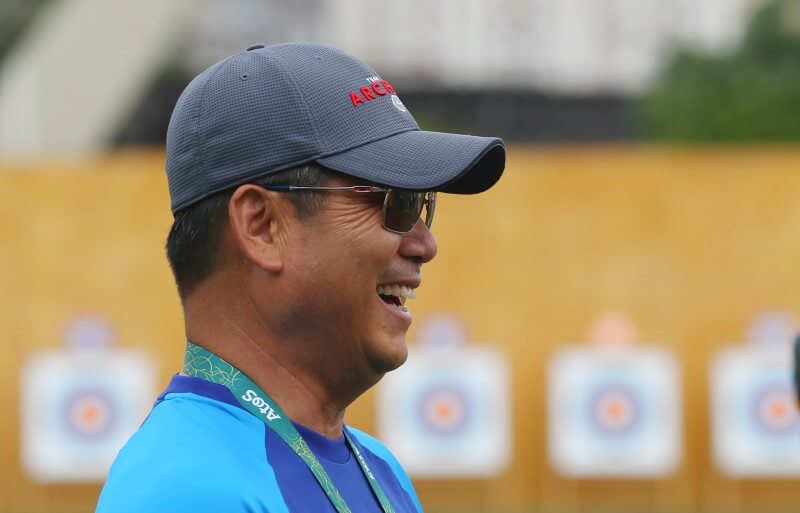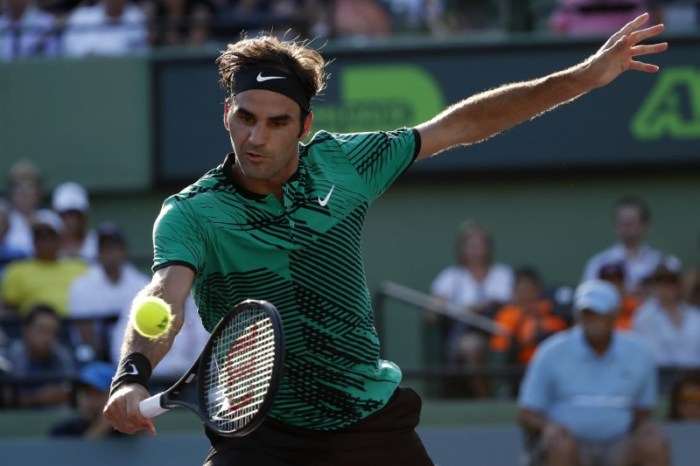By Ian Ransom
RIO DE JANEIRO (Reuters) – South Korea is not thrilled that its top archery brains are guiding other Olympic nations but the sport’s superpower is especially uncomfortable about master coach Lee Ki-sik’s American success. The man who piloted South Korea at four Olympics from 1984-1996 has turned the United States into a formidable rival to the east Asian nation since joining the country’s archery program in 2006. Under Lee, the U.S. captured the men’s team silver at the London Games to end a 12-year medal drought, having inflicted a seismic semi-final defeat on the Koreans to snap their run of three Olympic titles. Little wonder a potential re-match between top seeds South Korea and the second-ranked U.S. will be imbued with tension at the Sambodrome in Rio on Saturday.
“I’m an American now, I’m a citizen,” 59-year-old Lee told Reuters in an interview after training at the tournament venue on Thursday.
“(South Korea) don’t like this situation but you know, that’s how it is.
“There are a lot of great (South Korean) coaches outside of our country and I’m just one of them, but I don’t think my position makes them happy or comfortable, especially me working on the American team. “Because, we’ve shown with our performance that the team is just getting better and better, year by year.”
Former world champion Brady Ellison and Jake Kaminski, who won the team silver with Jacob Wukie, will bid for gold at Rio with debutant Zach Garrett, a 21-year-old who has soared to third in the world rankings after a stellar year. A meticulous planner and a stringent advocate of biomechanics in technique, Lee brought the golden touch to Australia before joining the U.S. team.
He beams with pride when he remembers coaching Simon Fairweather to the men’s individual gold at his home Sydney Games in 2000. A bronze for Tim Cuddihy, another of his Australian archers, followed four years later at Athens. “The AOC (Australian Olympic Committee) said it was the most efficient sport compared with how much money they put in it,” he said.
STRICT BLUEPRINT
Despite rejuvenating U.S. archery, Lee’s tenure has not been without controversy.
His strict blueprint for technique has been adopted by U.S. archery in its training programs for coaches and athletes but has also been criticized as a one-size-fits-all approach that stifles individual invention. A devout Christian, Lee was also censured for mixing spirituality with sport after a New York Times report during the 2008 Beijing Games said he held bible study sessions with his archers at their training base in Chula Vista, California. Lee sponsored the baptisms of three Chula Vista archers in 2006 and weeks before the Beijing Games attended Ellison’s baptism in a pool near their training range.
Although warned off proselytizing by the United States Olympic Committee, faith remains an important bond between Lee and his athletes.
“Sometimes we pray together,” he said.
Lee’s immediate mission is to convert the team’s London silver into Rio gold, to beat South Korea, if necessary, and to keep archery’s hard-won profile alive in his adopted nation. “This is my third Olympics with the U.S. team,” said Lee.
“I would like to win for sure so that people can have trust about what the American future can be.”
(Editing by Ken Ferris)
Archery : U.S. coach Lee plots Korea’s downfall

By Ian Ransom






















